Literature is not a subject of study, but an object of study
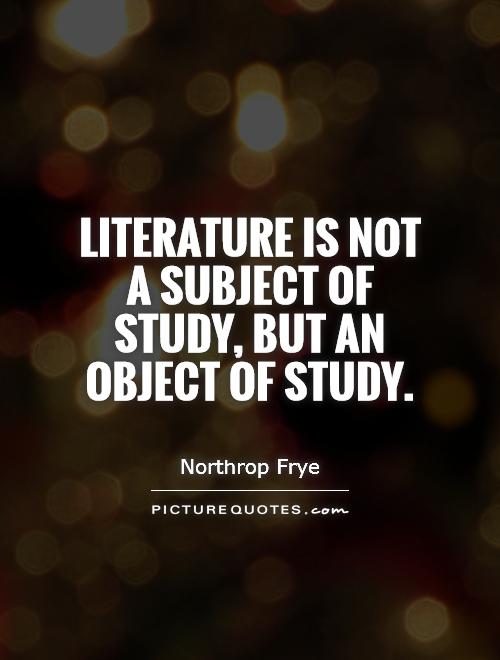
Literature is not a subject of study, but an object of study
Northrop Frye, a renowned literary critic and theorist, famously stated that "literature is not a subject of study, but an object of study." This statement encapsulates Frye's belief that literature should not be viewed as a mere academic discipline to be dissected and analyzed, but rather as a living, breathing entity that has the power to shape our understanding of the world.Frye's assertion challenges the traditional approach to studying literature, which often involves breaking down texts into their constituent parts and examining them through the lens of various critical theories. Instead, Frye advocates for a more holistic approach that recognizes the unique power of literature to transcend the boundaries of time and space and speak to universal truths about the human experience.
For Frye, literature is not just a collection of words on a page, but a reflection of the collective consciousness of a society. By studying literature as an object of study, we are able to gain insight into the values, beliefs, and aspirations of a particular culture at a specific moment in time. Literature serves as a mirror that reflects back to us our own hopes, fears, and desires, allowing us to better understand ourselves and the world around us.
Furthermore, Frye believed that literature has the ability to transform and enrich our lives in profound ways. By immersing ourselves in the worlds created by authors, we are able to expand our imaginations, deepen our empathy, and cultivate a greater appreciation for the complexities of the human condition. In this sense, literature is not just a passive object to be studied, but an active force that has the power to shape our perceptions and challenge our assumptions.

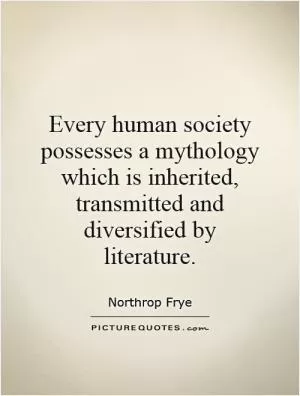

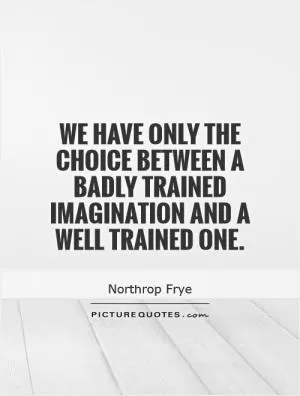

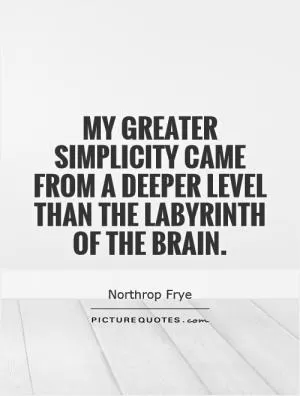
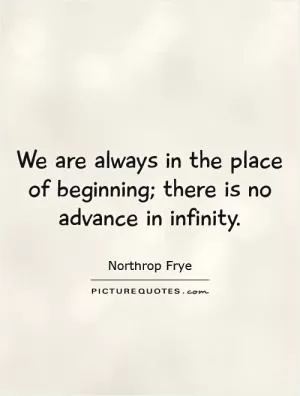

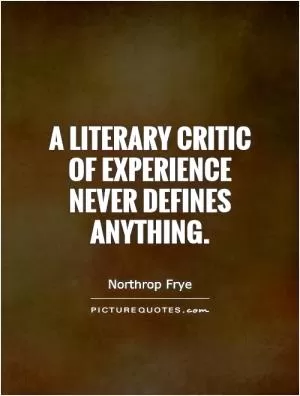


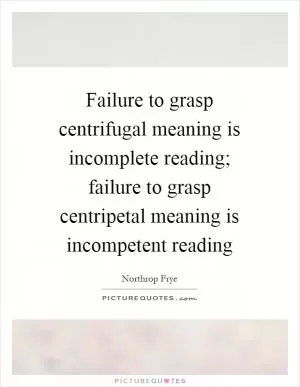
 Friendship Quotes
Friendship Quotes Love Quotes
Love Quotes Life Quotes
Life Quotes Funny Quotes
Funny Quotes Motivational Quotes
Motivational Quotes Inspirational Quotes
Inspirational Quotes